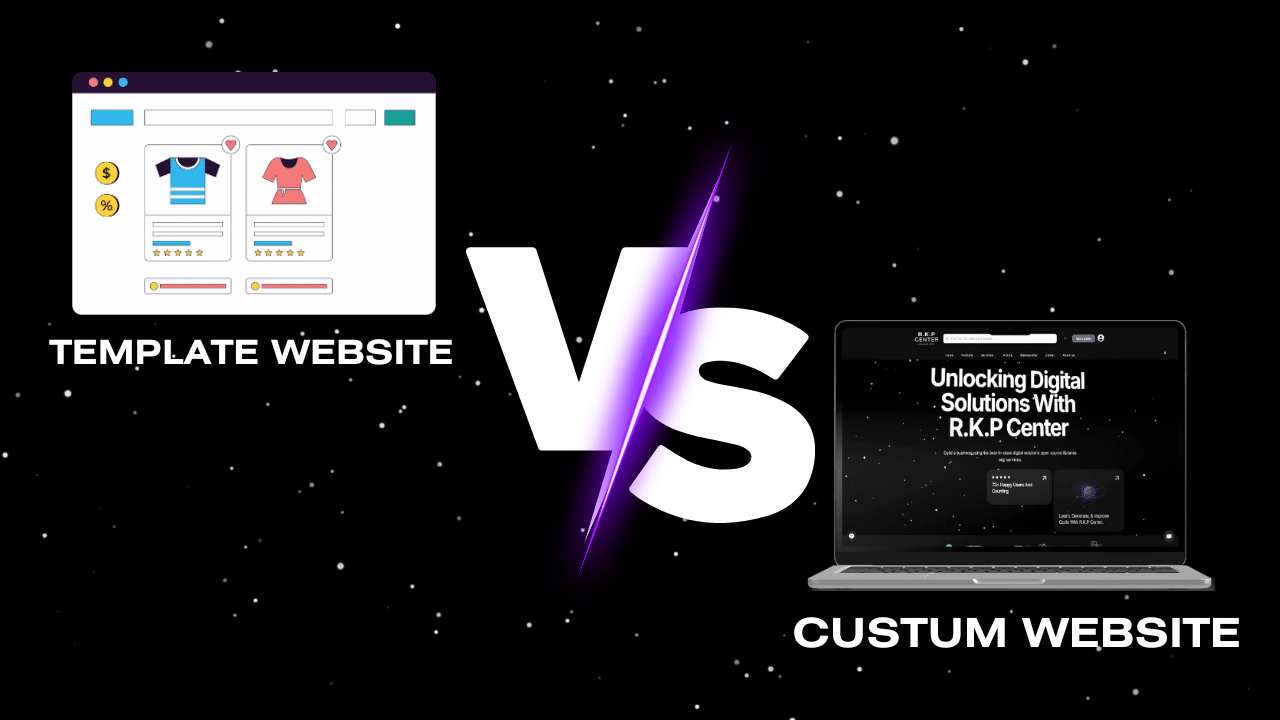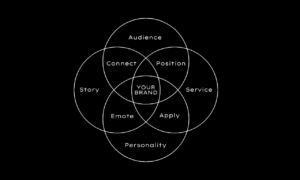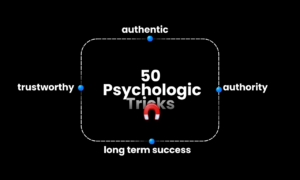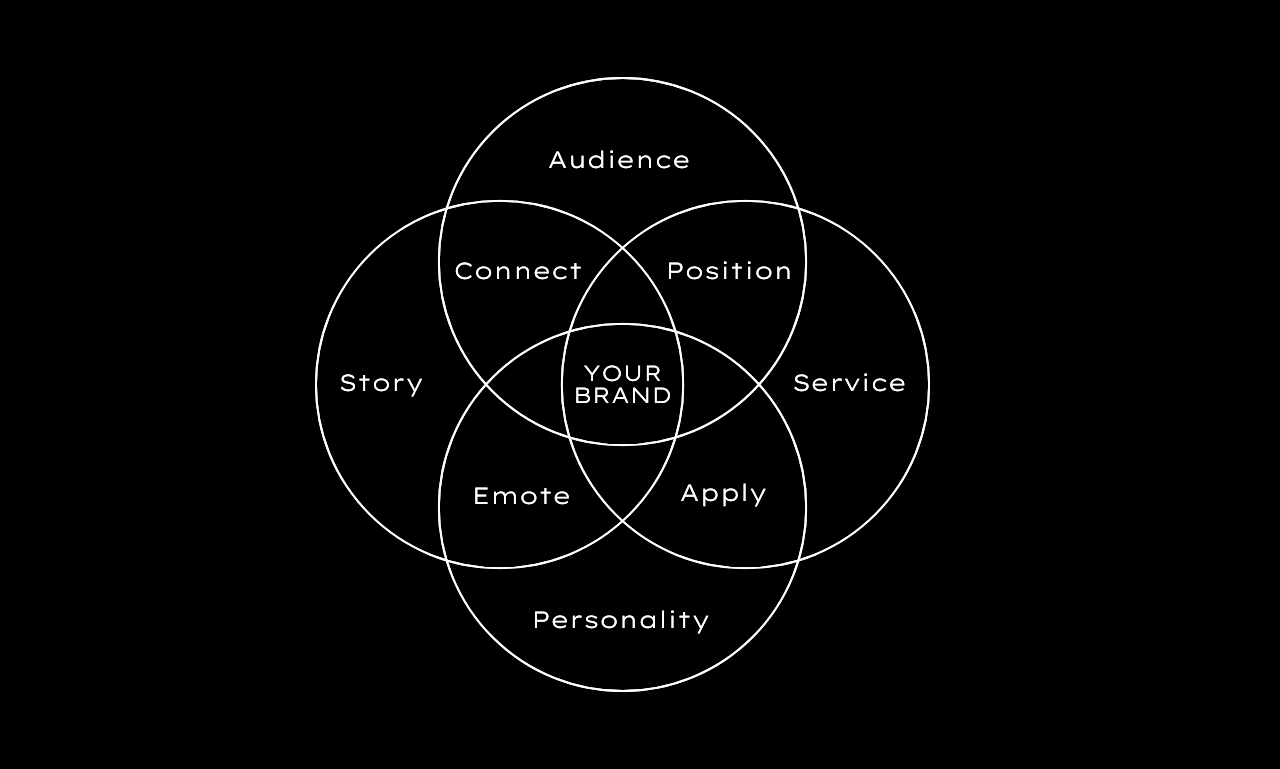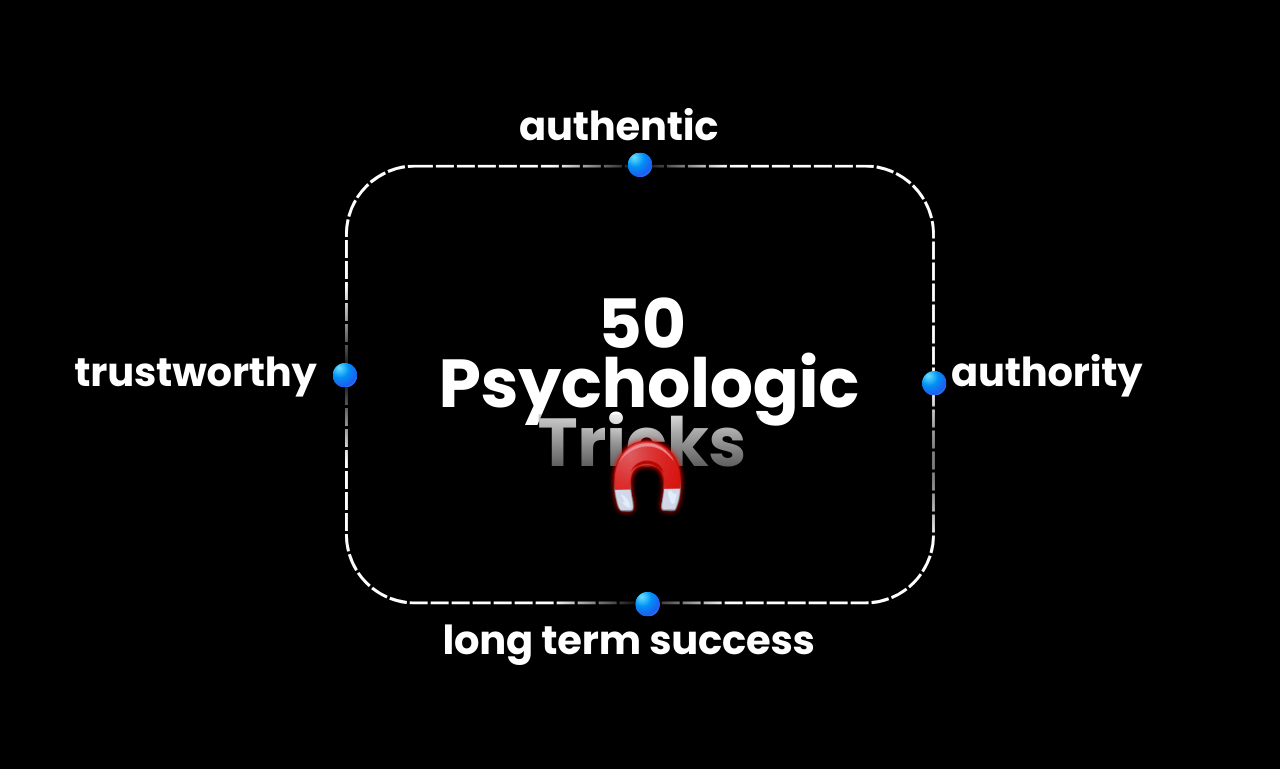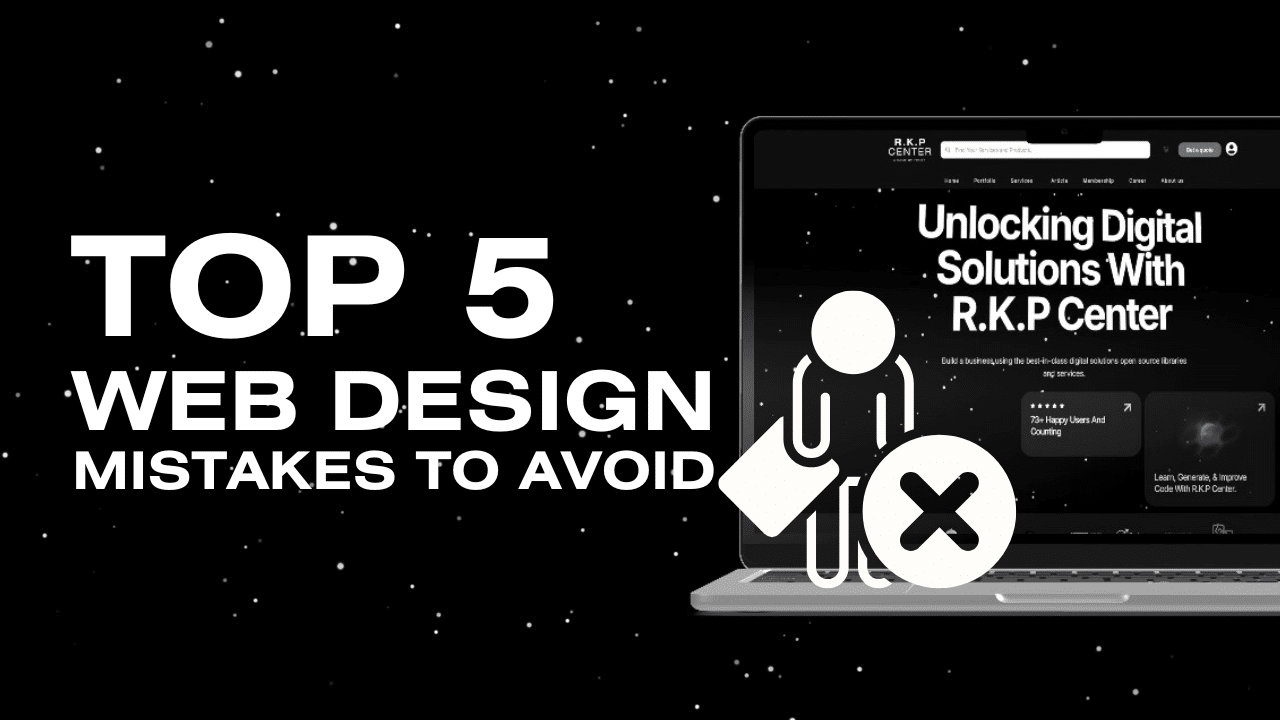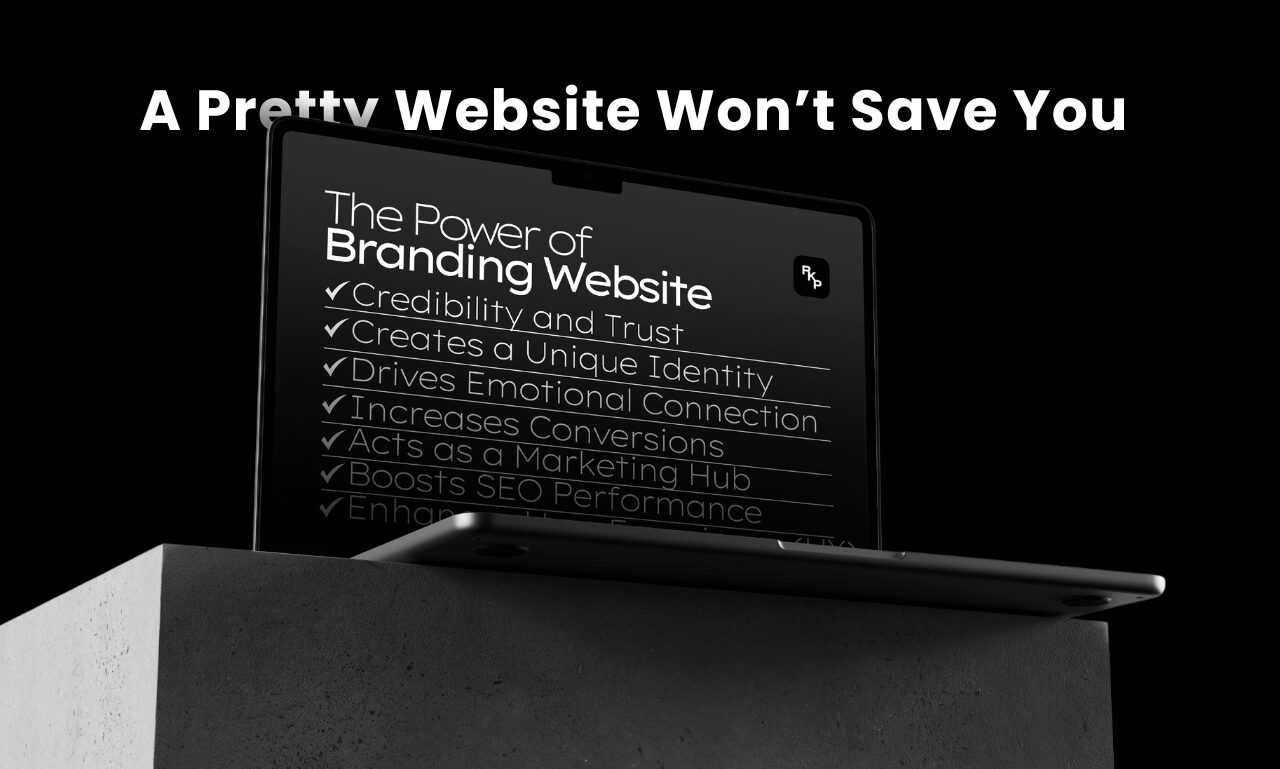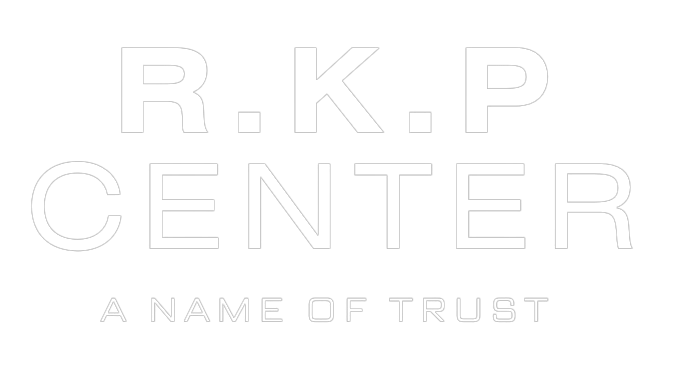When it comes to creating a website, one of the biggest decisions you’ll face is whether to opt for a custom-built site or choose a pre-designed template. Both options have their advantages and drawbacks, and the right choice depends on your business goals, budget, and the complexity of your site. Let’s explore the key differences between custom and template websites, helping you make an informed decision.
1. Customization and Flexibility
- Custom Website: A custom website is built from scratch, allowing complete control over its design, layout, and functionality. This option offers the most flexibility, enabling you to tailor every aspect to your business needs. For example, if you need a unique feature or specific functionality, a custom site can be built around those requirements.
- Template Website: Templates are pre-designed themes that can be customized to a certain extent, but they are still limited by the original structure. While you can change colors, fonts, and images, significant changes to layout and features may require additional technical skills or limitations imposed by the template’s design.
If you’re looking for a truly unique experience for your users, a custom website is the better choice.
2. Development Time and Cost
- Custom Website: Custom websites take longer to develop since they are built from the ground up. This typically involves hiring developers and designers to bring your vision to life. The process may take weeks or even months, depending on the complexity of the site.
- Template Website: Template websites are faster to set up, as you only need to choose and customize a pre-made design. This is a more budget-friendly option because you’re not paying for custom development work. You can get a basic website up and running in a matter of days.
For a quicker turnaround and lower cost, a template website can be a great option, but it may come with limitations in terms of flexibility.
3. SEO and Performance
- Custom Website: With a custom-built website, you can optimize every aspect for SEO (Search Engine Optimization) and performance. Developers can implement strategies for faster loading times, better mobile optimization, and specific SEO features tailored to your business.
- Template Website: While many templates are SEO-friendly, they may not be as optimized for your specific needs. Templates can include unnecessary code, plugins, or features that can slow down the website, impacting user experience and search rankings.
If SEO and website performance are critical to your business, a custom website offers better opportunities for optimization.
4. Scalability and Maintenance
- Custom Website: Custom websites are built with scalability in mind, allowing for easier upgrades and changes as your business grows. You can add new features, pages, and integrations as needed. Maintenance is also more flexible, as you have control over updates.
- Template Website: While templates are easy to maintain initially, scaling can be difficult. If you want to add more complex features or functions, you may be limited by the template. Additionally, you may need to rely on third-party plugins or developers for upgrades, which can be costly over time.
If long-term growth and flexibility are important, a custom website offers more scalability.
5. User Experience (UX) and Design
- Custom Website: A custom site can be designed to offer the best user experience, focusing on your target audience’s preferences and behavior. Everything from the layout to the navigation can be optimized for ease of use, ensuring visitors have a smooth, engaging experience.
- Template Website: Templates often provide a good starting point, but they might not be fully optimized for your audience’s specific needs. You may need to tweak the design to match your branding, and the layout might not offer the best experience across all devices.
For a unique and optimized user experience, a custom website is often the better choice.
Conclusion
Both custom and template websites have their advantages, but the decision ultimately depends on your specific needs. A custom website is ideal for businesses that need full flexibility, scalability, and a tailored design. On the other hand, a template website offers a quick, budget-friendly solution with less complexity.
If you’re unsure of which option is best for you, or if you need professional guidance, R.K.P Center can help you make the right decision and build a website that suits your business goals.

